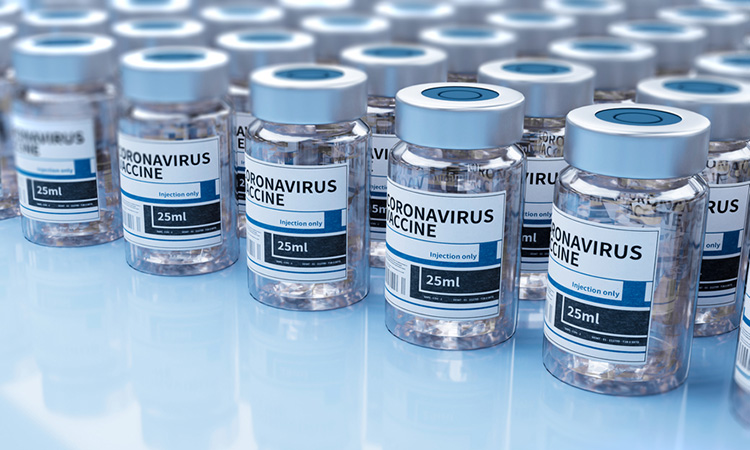International regulators call for multivalent COVID-19 vaccines
Posted: 24 January 2022 | Hannah Balfour (European Pharmaceutical Review) | No comments yet
Regulators encourage the development of bivalent or multivalent variant COVID-19 vaccines to continue to combat the disease and its variants.


In a new report, the International Coalition of Medicines Regulatory Authorities (ICMRA) stated that the administration of multiple booster doses at short intervals is not a sustainable approach to ensuring COVID-19 vaccine efficacy long term and instead encouraged vaccine developers to develop bivalent or multivalent variant vaccines.
The report highlights a discussion on the effectiveness of current vaccines against the COVID-19 Omicron variant, regulatory requirements for a variant vaccine and considerations on clinical study design by international regulators. The discussion took play on 12 January 2022.
Reviewing data on the impact of Omicron, the participants concluded that current vaccines offer less protection against infection and mild disease caused by this variant. However, vaccination continues to offer considerable protection from hospitalisation and severe COVID-19 with Omicron, especially after a booster dose. It is becoming increasingly clear that a booster dose is needed to extend vaccine protection, they stated
When looking at possible vaccination approaches against Omicron and other virus variants, stakeholders agreed that long term, repeated booster administration at short intervals is not a sustainable approach. They therefore emphasised that there is a need to develop a long-term strategy on the types of vaccines required to manage COVID-19 in the future. This is an ongoing global discussion, that will require co-ordination among public health decision-makers at all levels.
“With respect to updated vaccine compositions, global regulators encourage the international scientific community and vaccine developers to look at alternative approaches to monovalent vaccines. In the regulators’ view, companies should also explore the feasibility of developing bivalent or multivalent variant vaccines to determine if they offer advantages to monovalent vaccines,” the European Medicines Agency (EMA) said in a statement.
Meeting participants also stressed that clinical studies undertaken to support the use of a new vaccine should be designed to demonstrate that the immune response, measured as neutralising antibodies, generated by the updated vaccine is superior to that achieved with current vaccines. The ability of the updated vaccines to cross-neutralise other variants of concern would be an additional feature with respect to the breadth of protection provided by the updated vaccine.
The meeting brought together delegates representing 24 members and 13 associate members as well as the World Health Organization (WHO), it was co-chaired by the EMA and US Food and Drug Administration (FDA).
Related topics
Biologics, Clinical Development, Clinical Trials, Drug Development, Drug Targets, Immunisation, Regulation & Legislation, Research & Development (R&D), Vaccine Technology, Vaccines
Related organisations
International Coalition of Medicines Regulatory Authorities, The European Medicines Agency (EMA), The World Health Organization (WHO), US Food and Drug Administration (FDA)









